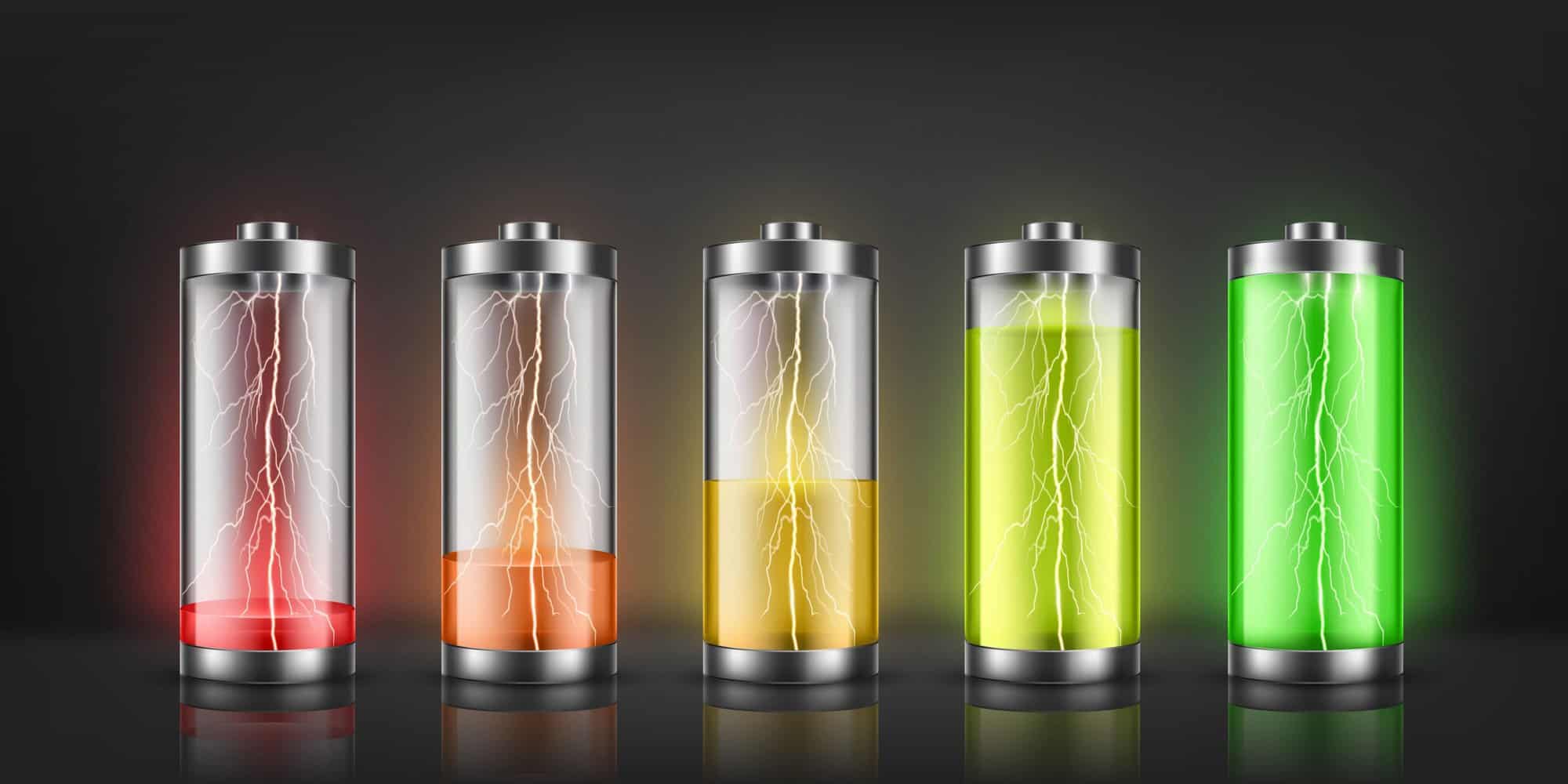Scientists at the University of Tokyo have discovered a way to violate causality by charging quantum batteries. This discovery could lead to the development of more efficient batteries with greater energy storage.
In the classical world, causation is a linear relationship between two events. In other words, event A causes event B, but it is not possible to reverse the relationship between these two events.
For example, falling glass (event A) causes it to break (event B), but the glass could not have broken before the fall.
However, in the quantum world, the laws of causality may be different. A quantum effect called indeterminate causal order (ICO) allows for causal order to exist at both steps at the same time.
Read more:
Quantum battery
Current batteries for low-power devices such as smartphones or sensors typically use chemicals such as lithium to store the charge, while a quantum battery uses microscopic particles such as clusters of atoms.
Yuanbo Chen, study author
During the experiment, scientists used several tools, such as lasers, lenses and mirrors, to create a large-scale quantum battery. They then used ICO to charge the battery, violating causality.
Although chemical batteries are governed by the laws of classical physics, microscopic particles are quantum in nature, so we have the opportunity to explore ways of using them that distort or even shatter our intuitive notions about what happens on small scales.
That is, the results of the experiment showed that battery charging was more efficient when causality was violated.
Other results
In the study published in the magazine Physical review letters Scientists also noted that a charger with a lower wattage can deliver higher power more efficiently than a charger with a relatively high wattage.
We have seen huge gains in both the system’s stored energy and thermal efficiency. Somewhat unexpectedly, we discovered a surprising interaction effect that is the opposite of what you might expect: a charger with a lower wattage can deliver higher powers more efficiently than a charger with a relatively higher wattage using the same device.
According to the portal New AtlasQuantum batteries are still under development, yet there is great potential to revolutionize battery technology.
Right now, they only exist as laboratory experiments, but scientists are testing different aspects to see how the different pieces come together into a functional whole.

“Wannabe internet buff. Future teen idol. Hardcore zombie guru. Gamer. Avid creator. Entrepreneur. Bacon ninja.”

